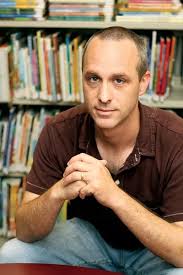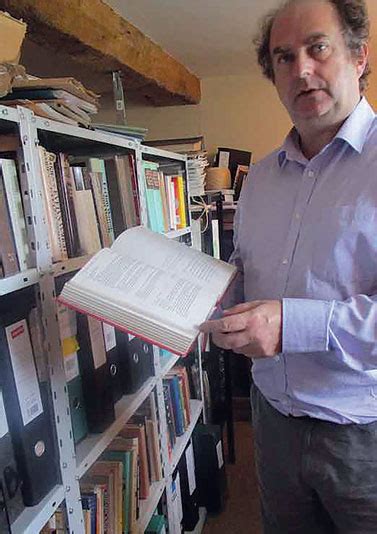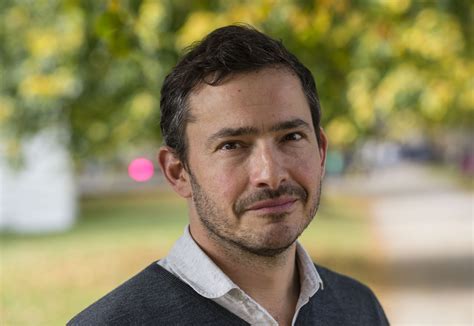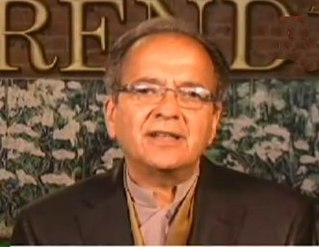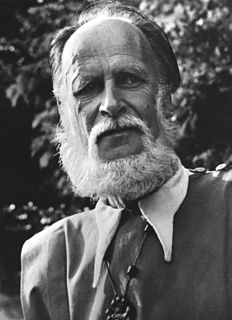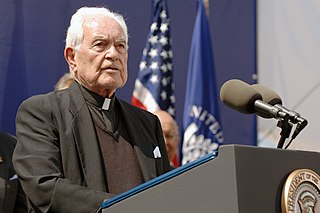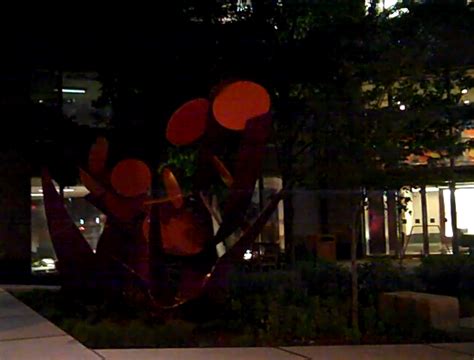A Quote by Trenton Lee Stewart
Nicholas Benedict did have an exceptional gift for knowing things (more exceptional, in fact, than most adults would have thought possible), and yet not even he could know that this next chapter was to be the most unusual-and most important-of his entire childhood. Indeed, the strange days that lay ahead would change him forever, though for now they had less substance than the mist through which he ran.
Quote Topics
Related Quotes
When I went through a really intense break-up - you know, I was engaged - the thing that gave me the most anxiety was not knowing what to do with myself when Disney wasn't there to carry me anymore or if I didn't have him. And now I'm FREE of both of those things and I'm fine. I lay in bed at night by myself and I'm totally OK and that's so much stronger than the person three years ago, who would have thought they would have died if they didn't have a boyfriend.
When my grandmother died, I realized that even if I had millions of dollars, I couldn't find her anywhere on earth. My next thought was that I would die. I looked at my life and thought, "I'm afraid to die." I concluded that whether I was afraid or not, I would die. It was one of the most important crossroads in my life, once I realized that no matter what, I would do this thing, the next step was to think, "If I am going to do the most difficult and frightening thing - dying - is it possible that I could do some difficult and impossible things that are good?"
No sooner had he thought this than he realized what was anchoring his happiness. It was purpose. He knew what he wanted to do. He knew the way he thought things should be, and Mr. Harinton was proving that other people--even adults--could feel the same way. Nicholas had something to aim for now. He might not know what he wanted to be when he grew up, but he knew with absolute certainty how he wanted to be.
In the short walk between his aeroplane and reaching the outside world at Heathrow, Michael Bywater encountered no fewer than 93 separate notices telling him off for things he hadn't done or which hadn't even occurred to him to do. Being bossed and patronised are two sensations that most sophisticated adults would sooner do without and yet we are bossed and patronised, by the media, by politicians, by business, by advertising agencies and the public services, more now than at any other time in our history. Why should this be?
love is thicker than forget more thinner than recall more seldom than a wave is wet more frequent than to fail it is most mad and moonly and less it shall unbe than all the sea which only is deeper than the sea love is less always than to win less never than alive less bigger than the least begin less littler than forgive it is most sane and sunly and more it cannot die than all the sky which only is higher than the sky
As a younger person, I was obsessed with Ray Bradbury, and I think his stories did more to shape me as a storyteller than anybody else - even though, when I read them now, a lot of them seem overly sentimental. But that's probably the writer that I've thought about the most, even though I don't necessarily like a lot of his work.
I drink much less than most people think, and I think much more than most people would believe. I am quite sincere about some of the things which people take very lightly, and almost insultingly unconcerned about some of the things which people take most seriously. In short, I am basically antisocial: certainly not to an alarming degree , but just more so than I appear to be.
What's given, in fact, always depends on the person or thing it's given to. A minor incident in the street brings the cook to the door and entertains him more than I would be entertained by contemplating the most original idea, by reading the greatest book, or by having the most gratifying of useless dreams. If life is basically monotony, he has escaped it more than I. And he escapes it more easily than I. The truth isn't with him or with me, because it isn't with anyone, but happiness does belong to him.
Once He created the Big Bang... He could have envisioned it going in billions of directions as it evolved, including billions of life-forms and billions of kinds of intelligent beings. As a theologian, I would say that the proposed search for extraterrestrial intelligence (SETI) is also a search of knowing and understanding God through his works - especially those works that most reflect Him. Finding others than ourselves would mean knowing Him better.
